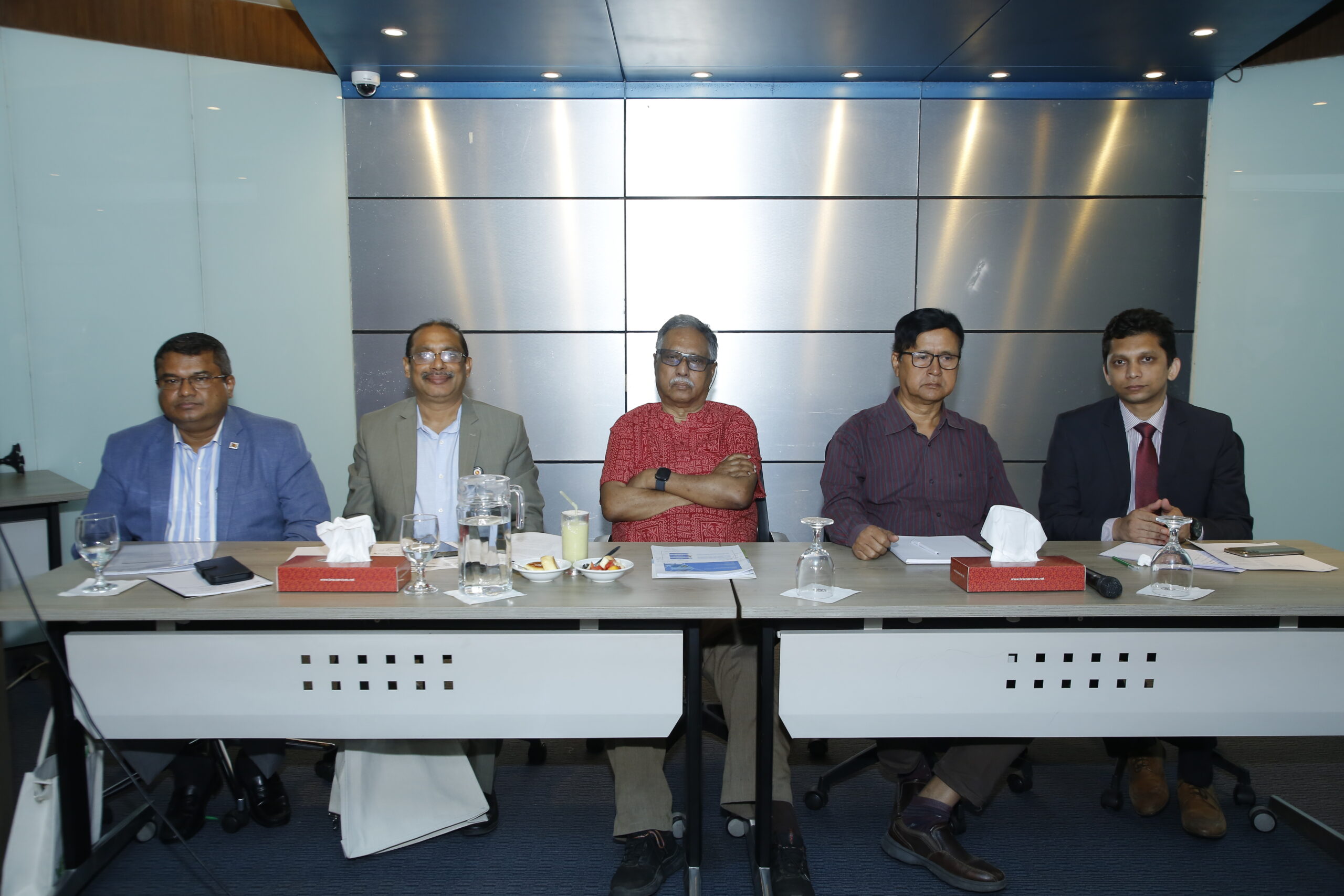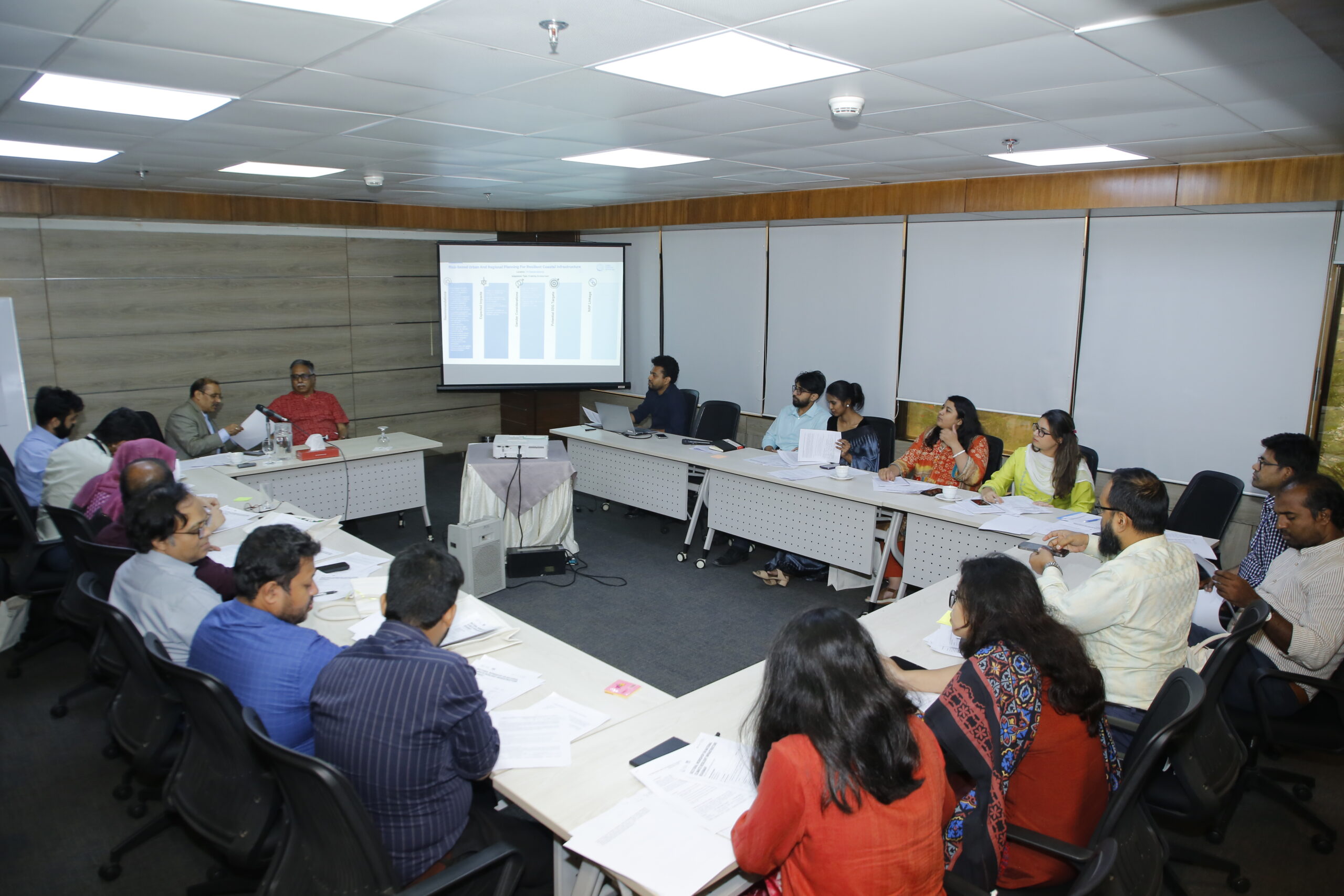GCA Hosts Sectoral Workshop in Dhaka to Advance Bangladesh’s Climate-Resilient Infrastructure Roadmap
D haka, Bangladesh, 7 May 2025 – The Global Center on Adaptation (GCA), in partnership with BRAC University, convened a high-level “Sectoral Workshop on the National Climate Resilient Infrastructure Roadmap” in Dhaka to support Bangladesh’s efforts to build infrastructure systems that can withstand the escalating impacts of climate change.

The workshop brought together over 110 stakeholders, including senior government officials, representatives from international financial institutions, and technical experts, to review the results of the Climate Resilient Infrastructure Stress Test and provide input on a shortlist of 35 adaptation investment solutions. These initiatives aim to systematically enhance climate resilience across Bangladesh’s infrastructure network, with a particular focus on safeguarding vulnerable communities.
This workshop builds on the national infrastructure stress test developed by GCA in collaboration with the Ministry of Environment, Forest and Climate Change (MoEFCC). The stress test leverages high-resolution spatial data on climate hazards, infrastructure networks, and socio-economic indicators to quantify both direct and indirect risks to infrastructure services. Notably, it disaggregates climate impacts by wealth quintile in coastal areas, ensuring that the most vulnerable populations are prioritized in adaptation planning.
Participants engaged in sector-specific breakout sessions to refine and prioritize proposed investments across four key sectors:
- Transport: Experts recommended measures to address salinity intrusion in coastal areas, promote lifecycle approaches to infrastructure planning, and prioritize inland waterway projects to boost economic resilience.
- Social Infrastructure: Discussions highlighted the need for climate-resilient education facilities with green buffer zones and improved drainage systems, mechanisms to ensure continuity of education during climate events, and expanded access to healthcare in vulnerable regions—especially for women, children, and persons with disabilities.
- Energy: Stakeholders proposed establishing robust financing mechanisms for resilient energy infrastructure, supporting energy storage for minigrid solutions, and rehabilitating rural energy systems to withstand climate shocks.
- Water and Sanitation: Recommendations included mandatory environmental impact assessments for all water infrastructure projects, prioritizing investment in flood-affected rural areas, and integrating resilient sanitation solutions in densely populated, flood-prone communities.

This workshop marks a critical step toward finalizing the National Climate Resilient Infrastructure Roadmap, which will serve as a blueprint for building long-term resilience across Bangladesh’s essential infrastructure systems. As climate risks intensify, the roadmap underscores Bangladesh’s commitment to climate leadership and inclusive development on the global stage.